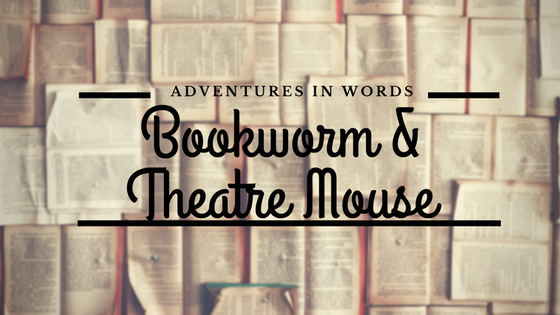To continu with non-fiction November, I picked up ‘Dictators’ by Frank Dikotter. This was my choice because, as a history teacher, you always seem to be sharing knowledge of some of the famous dictators of history – how they get there always seems to make sense, but how they successfully stay there always seems to be harder to explain. I am always without a doubt asked why nobody stops them, and the obvious answer is always the fear many of them used to control. But also, as this makes clear, ‘ordinary’ people really did support them – however hard that is for some of us to believe.
This book is absolutely fascinating as it guides you through the history of eight 20th century dictators. And, it really explains how they managed to build up such a cult following which led to them having genuine support from their people. A ‘misguided’ idealism from each of the men led to them establishing their regimes. However, there was also a carefully crafted celebrity status created for each of these men, either by themselves or by those that surrounded them.
I found it interesting how similar at points the tales of these characters of history were. And that, in fact the biggest threat to any dictator and their regime is themselves.
This is a great book for any fans of moder history. A concise overview of some figures of history and a well-written and clear to follow guide to some of the 20th century’s most infamous figures.
